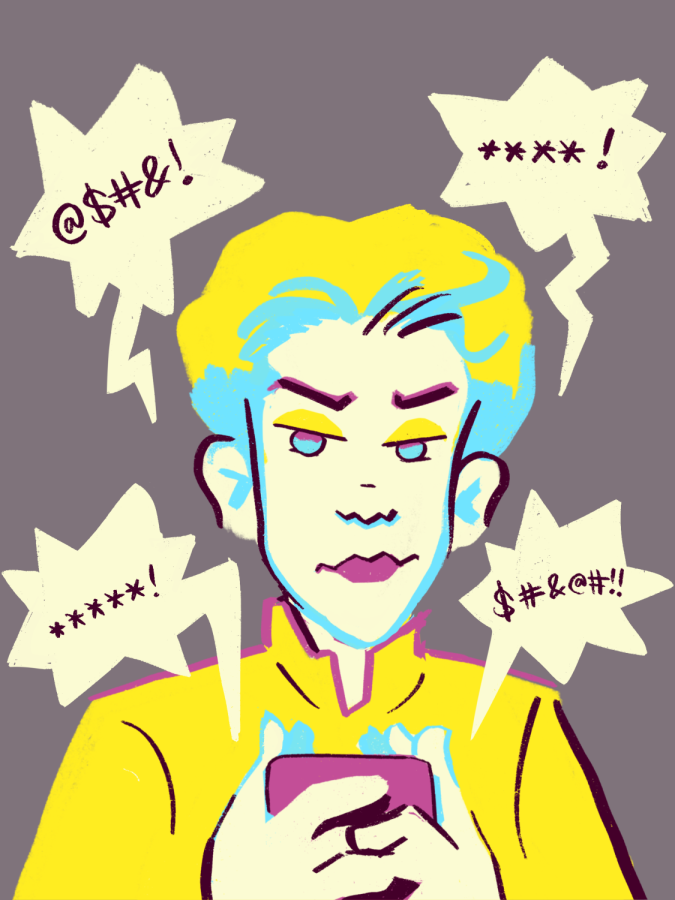UT study reveals how racism spreads on social media
October 18, 2022
In a recent study, UT’s Computational Media Lab took a magnified look at the way racism spreads on social media.
The research, led by Akaash Kolluri, a senior at Clements High School in Sugar Land, Texas, who works in the UT lab, explained the danger behind the contagiousness of racism on social media today and how it acts as catalysts for hate crimes and physical violence.
Through machine learning, the lab analyzed over 44.3 million comments and 3.6 million active users on Parler, a social network service. According to The New York Times, Parler is closely related to far-right users, mainly supporters of former president Donald Trump and is a “test of free speech.”
According to the research, it wasn’t until after a series of interactions with other racist posts that most users began echoing those opinions in their own posts.
River Terrell, biology honors senior and the lab’s community engagement team supervisor, compared this cycle to a virus map. Terrell said researchers pinpointed the parent post as patient zero or the start of the infection, and the act of engaging with it as the “virus” spreads. Terrell said they attribute this to a person’s need to fit in.
“We want to feel socially validated,” Terrell said. “It has a ton of neurobiological and chemical effects, and we’re happier when we fit into our group and are accepted. But that also is dangerous when the group that you’re in is being racist.”
Encountering racism on social media is a common experience, according to a 2018 Statista study, which found 52% of teenagers have often or sometimes seen racism on social media platforms.
Psychology freshman Elizabeth Aguilar-Garcia said from her experience, the way users react to racism on social media varies by platform.
“On Instagram, if someone says a stupid comment it either will get deleted, or no one responds,” Aguilar-Garcia said. “On TikTok, they’ll have a large rebuttal to everything. … Twitter is just evil.”
Aguilar-Garcia said that racism on social media platforms can bleed onto the off-screen world by influencing people’s mindsets. She said Kanye West’s Instagram photo wearing a “white lives matter” shirt is an example.
“It just opens up for people to wear that shirt and say those things because they feel like they can because someone on social media said that,” Aguilar-Garcia said. “Especially Kanye because he’s a major influencer.”
After West shared antisemitic content on his social media accounts, Instagram and Twitter locked West out of their platforms. Now, he plans to buy Parler, according to AP News.
Terrell said it is important to be intentionally anti-racist on social media, because anti-racist attitudes stop the spread of harmful content.
“So much research has shown that if you’re sharing (racist) content and getting people to engage with it then you’re part of the problem,” Terrell said.



